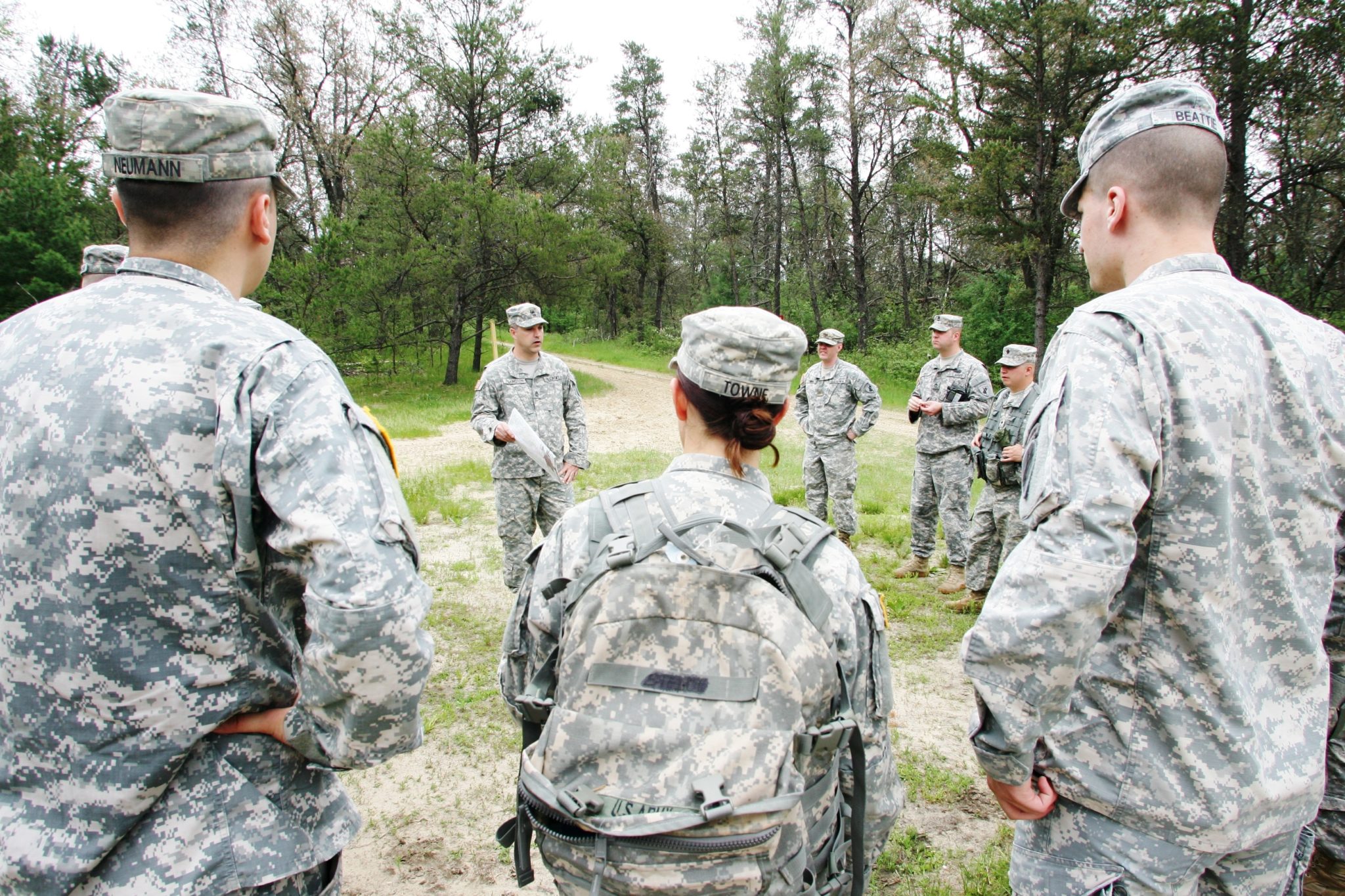4 Things Veterans Transitioning Out Need to Know Before They Start Their Journey

Separating from the Military? 4 Things You Should Know
Are you approaching a transition from the military to a civilian lifestyle? Feeling a bit anxious? Where on earth do you begin?! The following post is all about the four things all transitioning veterans should know. Taking them into consideration early on in your transition will help set you up for success.
1. Don’t expect it to be easy
“I’m just going to take classes online while sitting on my recliner in my PJs.” That mentality is not going to cut it.
It’s really easy to let your studies slip when you don’t take a serious approach.
Train yourself to get into the studying mode by attending a local college in person, not online.
Although it takes more time and effort, you will be more focused and successful in the long run. (We all know there are a million distractions at home!)
** Not sure where to start searching colleges? This tool makes it easy.

(Courtesy: DVIDS)
2. Start building your network a year before leaving the military
Create an account on LinkedIn and start making personal connections on college campuses to see which could be a good fit for you.
Don’t you always feel more comfortable walking into a new situation or office when you already know a familiar face there?
It’s the same way with starting your degree program. Build relationships before stepping foot on campus! One way to easily make connections on campus is by starting conversations with admissions counselors at non-for-profit institutions. You can easily do that here.

(Courtesy: DVIDS)
3. Play up your strengths when applying and interviewing
You have a very different professional background from most applicants. You need to play those strengths and experiences up and make them applicable to the civilian world.
There are plenty of ways to do this. Think about those small tasks within your military experience and what they required of you as an individual.
How did you overcome obstacles, contribute to your team, help another individual achieve their goals?
What were some especially difficult trainings and schools that you experienced, and how did you succeed there?
You accomplished a lot during your time in service. It’s time to let schools know about it.
4. Seek out other veterans
Don’t force yourself to feel like you’re doing this transition alone. Reach out and connect with other veterans on campus, on LinkedIn & Facebook, and with people you served with. Let them know your transition plan. Ask them if they have any advice if they too have transitioned onto campus before?
Having others who know what you are going through is a big factor in creating a successful transitional environment for yourself. If you are acting without others knowing what you are doing and experiencing, there is no way for them to support you.
At the end of the day, this transition is going to be what you make of it. Start now and make your transition a success.
(Featured Image Courtesy: Wesleyan)
RELATED:
- Building Your Veteran Network
- What Veterans Need to Succeed in College
- Why Veterans Who Go to College Before the Workforce Make More Money
About the author
Terry Howell is a retired Coast Guard veteran, where he served for 20 years.
He is currently the Executive Director for Veterans' Legacies, a non-profit that works to preserve veterans personal stories to help educate our youth.
Terry is also the author of The Military Advantage, an annually updated guide to military and veteran benefits.
